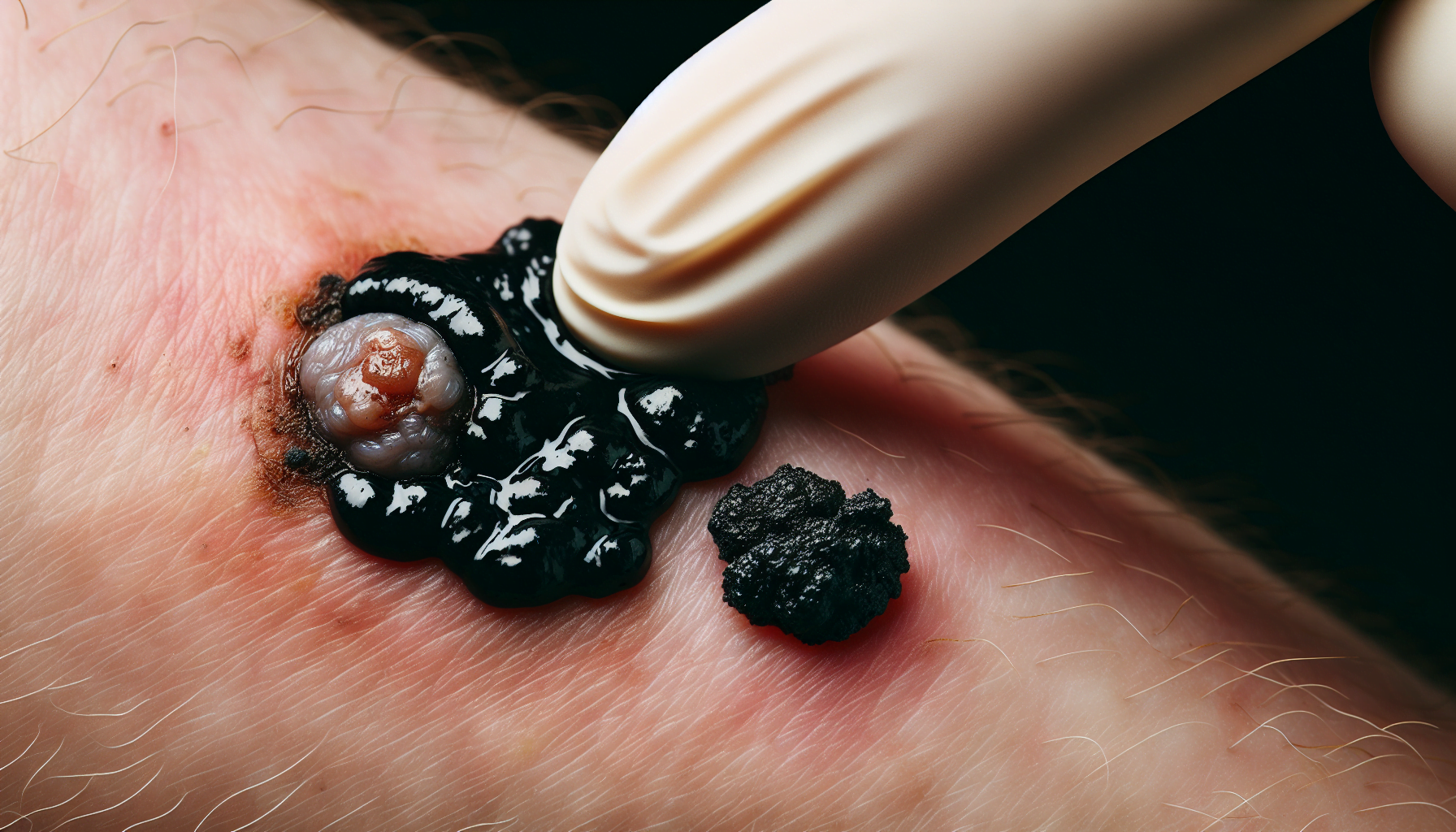
Aspartame is a popular artificial sweetener that has been widely used as a sugar substitute in various food and beverage products. It is commonly found in diet sodas, low-calorie desserts, and sugar-free chewing gum. While it is approved by regulatory agencies such as the United States Food and Drug Administration (FDA) and the European Food Safety Authority (EFSA), concerns have been raised regarding its potential impact on overall and skin health. This article aims to examine the research and delve into the prolonged effects of aspartame consumption on both aspects of our well-being.
Examining the Research: Aspartame’s Impact on Overall Health
Numerous studies have investigated the potential health effects of aspartame consumption. While the FDA and EFSA consider aspartame safe for human consumption, some research suggests possible associations between aspartame and various health concerns. These include an increased risk of obesity, metabolic disorders, and even certain types of cancer. However, it is important to note that the existing evidence is not conclusive, and more research is needed to establish a clear cause-and-effect relationship between aspartame consumption and these health conditions.
Unveiling the Link: Aspartame’s Influence on Skin Health
Recent studies have also explored the potential impact of aspartame on skin health. Some research suggests that aspartame may contribute to the development or exacerbation of skin conditions such as acne, eczema, and rosacea. Additionally, aspartame consumption has been linked to increased skin aging, including the formation of wrinkles. However, it is important to note that the mechanisms underlying these associations are not fully understood, and further research is necessary to establish a definitive link between aspartame and skin health.
Delving Deeper: Mechanisms Behind Aspartame’s Effect on Skin
The exact mechanisms by which aspartame may affect skin health are still being explored. One proposed mechanism is that aspartame could potentially disrupt the balance of gut bacteria, leading to an inflammatory response that may manifest in the skin. Additionally, aspartame’s breakdown products, including methanol and phenylalanine, may contribute to oxidative stress and inflammation, both of which can impact skin health. However, it is important to note that more research is needed to fully understand these mechanisms and their implications for skin health.
Long-term Consequences: Chronic Aspartame Consumption and Health
Chronic consumption of aspartame, especially in large quantities, has raised concerns regarding potential long-term consequences on overall health. While the current evidence is inconclusive, it is advisable to consume aspartame in moderation and be mindful of any potential sensitivities or adverse reactions. Individuals with pre-existing health conditions or those who are particularly susceptible to certain health issues may want to consult with a healthcare professional before consuming products containing aspartame.
Conclusion: Navigating Aspartame’s Impact for Optimal Well-being
Aspartame’s impact on overall and skin health remains an area of ongoing research and debate. While regulatory agencies consider it safe for consumption, it is important for individuals to be aware of the potential risks and make informed choices. Moderation is key, and those with specific health concerns may want to explore alternative sweeteners or consult with a healthcare professional. Ultimately, understanding the prolonged impact of aspartame on overall and skin health requires further scientific investigation to provide a clearer understanding of its true effects.



